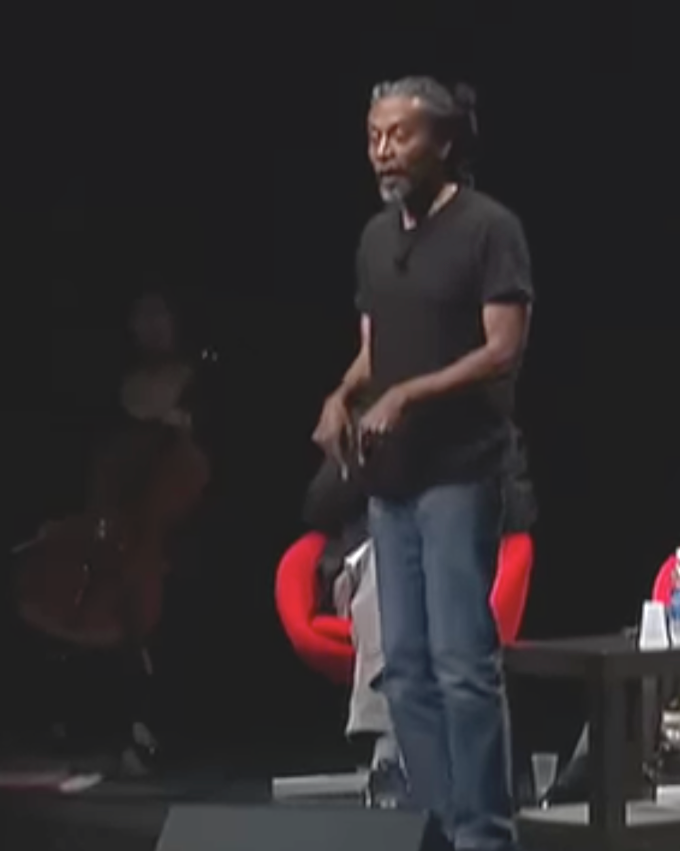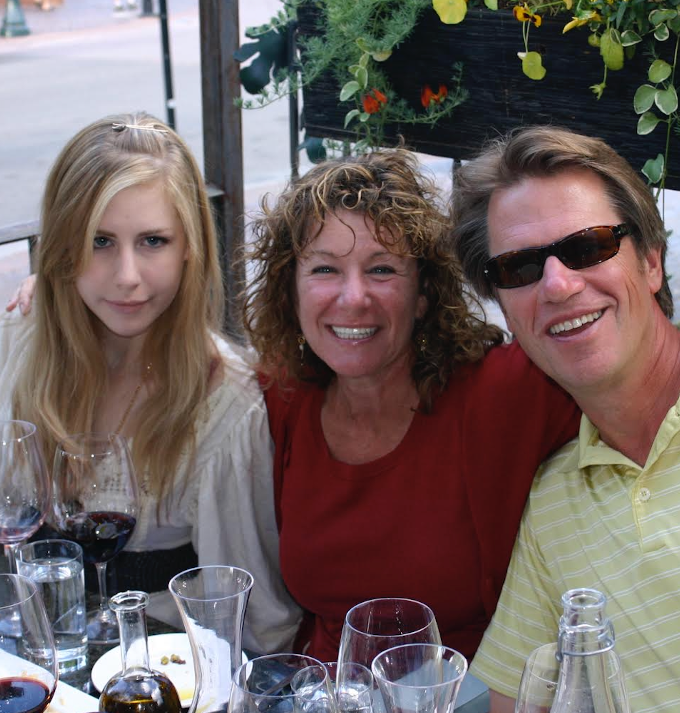September 19, 2025
Learning
“There are solutions to the major problems of our time; some of them even simple. But they require a radical shift in our perceptions, our thinking, our values."

Fritjof Capra and Pier Luigi Luisi have synthesized contemporary scientific knowledge to show that true sustainability requires aligning human systems—economic, social, and political—with the patterns and values of natural systems: cooperation, diversity, and cyclical processes.
They emphasize that reality is not made of static “things,” but of relationships and processes. The fundamental fabric of existence is the web of connections, flows, and patterns within which everything arises and continually transforms. So well-being also depends on the interconnected health of people, communities, and ecosystems. Human flourishing rests on ecological wholeness.
Their prescription is simple: education and leadership that cultivate systems literacy and ethical responsibility. These tools, elegant and powerful, provide the resilience needed to face global challenges such as climate change, biodiversity loss, and social fragmentation.
The tragedy we face, of course, is that many—perhaps most—political and corporate leaders remain focused on extracting as much as they can while they still can. As a result, they are not ready to accept such obvious solutions. But that doesn't mean that we can't.
"Indeed, we are now at the beginning of such a fundamental change of worldview in science and society, a change of paradigms as radical as the Copernican revolution. Unfortunately, this realization has not yet dawned on most of our political leaders, who are unable to 'connect the dots,' to use a popular phrase.”
“Care flows naturally if the 'self' is widened and deepened so that protection of free Nature is felt and conceived as protection of ourselves…Just as we need no morals to make us breathe…[so] if your 'self' in the wide sense embraces another being, you need no moral exhortation to show care…You care for yourself without feeling any moral pressure to do it.”
“Systems thinking is 'contextual,' which is the opposite of analytical thinking. Analysis means taking something apart in order to understand it; systems thinking means putting it into the context of a larger whole.”
BOOK: The Systems View of Life, a Unifying Vision




